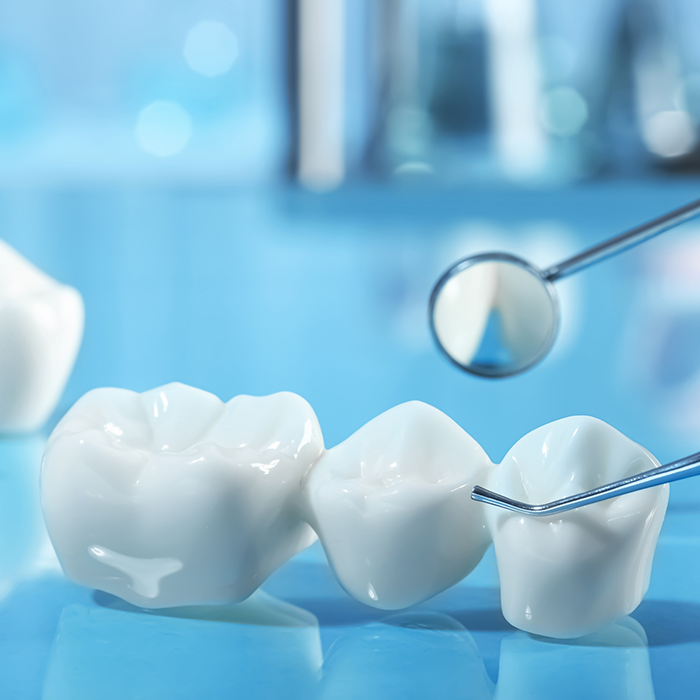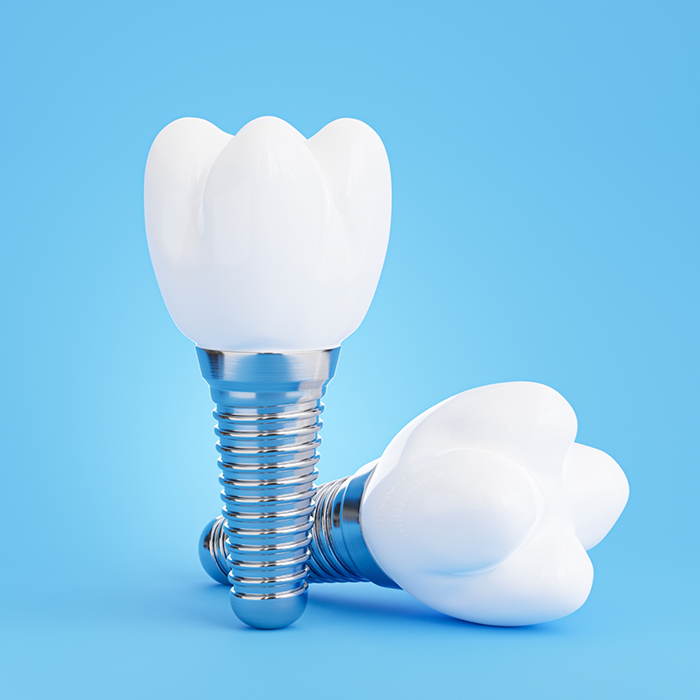Missing Teeth Midwest City
It’s Time to Give You a Complete Smile

Millions of adults living in the United States are experiencing the negative effects of tooth loss as we speak. No matter how many teeth are missing, the decreased ability to eat certain foods, speak confidently, and show off one’s smile becomes increasingly harder over time. If you are one of these individuals who desires a more enjoyable way of life, Dr. Kendrick and our team can restore and rebuild your smile using dental bridges or dental implants. Call to schedule a consultation to learn more about our available options and which one may be right for you.
Why Choose Midwest City Dental Center for Replacing Missing Teeth?
- In-House Dental Implant Placement & Restoration Available
- Faster & More Accurate Dental Impressions Using Digital Technology
- In-House Membership Plans Available for Uninsured Patients
Dental Bridges

When a gap in your smile causes you to have poor self-esteem, we can boost it with a custom-made dental bridge. Built using two dental crowns that are affixed to healthy abutment teeth as well as a “bridge” of pontics (artificial teeth), it rests on top of your gums to create a natural-looking, cohesive appearance that allows you to take back your confidence once and for all.
Learn More About Dental Bridges
Dental Implants

To replace missing teeth, Dr. Kendrick regularly places and restores dental implants at his Midwest City dental office. A dental implant is an artificial tooth root, and it can anchor a natural-looking dental crown. This restorative dentistry procedure serves to fill in the gap left behind by missing teeth. Patients and professionals agree that dental implants are the premier tooth replacement option!
Learn More About Dental Implants